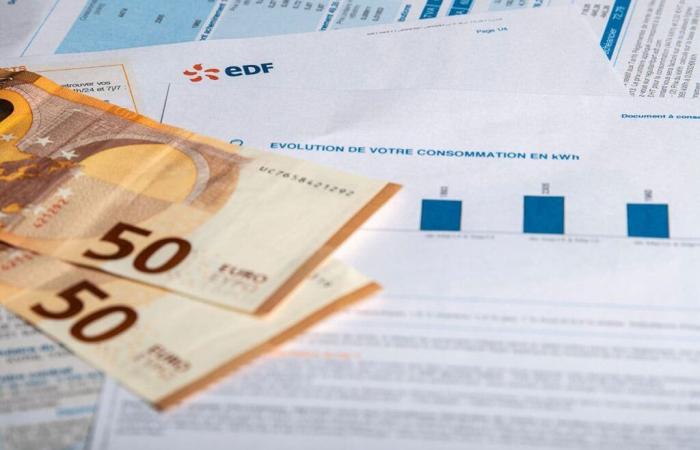Discussions around the multi -year energy programming in France is moving minds. While the adoption decree is looming, this energy plan is to talk, especially with the fear that it will make electricity bills for individuals and businesses.
Angry comments and forecasts that cringe teeth
Marine Le Pen, who leads the group of deputies of the national rally, recently said that the PPE could increase invoices for individuals and 30 % for companies by 100 % for companies, which could be linked to an increase in costs. She made these comments during an interview in early April in the magazine the hemicycle. These figures are based on the words of André Merlin (former director of RTE), who provided for a similar increase for 2035. Public Senate relayed this information and the point was not deprived of it.
But not everyone agrees. Mattias Vandenbulcke, Deputy General Delegate for Strategy at France Renewables, judges these hazardous, even dishonest estimates. For his part, Nicolas Goldberg, an energy expert at Columbus Consulting, admits that an increase is possible, while remaining cautious on the announced magnitude.
Which could increase the prices
Several factors could raise energy costs. First, the prices guaranteed for the purchase of renewable energies by the State play a role. Then, the rate of use of the public electricity network (Turpe), fixed by the Energy Regulatory Commission (CRE), is used to cover the costs of development and maintenance of the networks managed by RTE and ENEDIS. FYI, the CRE has not yet launched a prospective study on the evolution of Turpe.
-RTE recalls that it is hot to fix the future price of electricity due to market fluctuations, variable costs linked to infrastructure and market structure. François Bayrou, Prime Minister, postponed the decree on the PPE at the end of the summer to better examine these issues.
The scenarios for the future of energy
In a scenario envisaged for January 2035, Vincent Berger, atomic High Commissioner for Energy, provides for a multiplication by 4 of solar sunshine and by 3.3 of the wind in France, while the demand in electricity would climb by 22 %. This development could even force the nuclear fleet to be temporarily put out of service to absorb the surplus generated by renewables, a situation of energy overproduction.
The senatorial report expected in July 2024 imagines an alternation between periods of energy tensions and quieter moments until 2050. This scheme highlights the importance of tax and political choices, especially at the time of geopolitical and climatic uncertainties.








